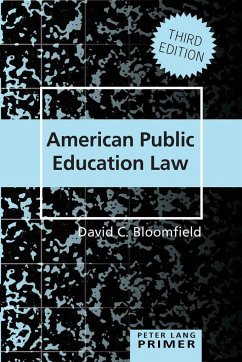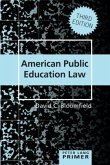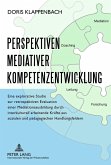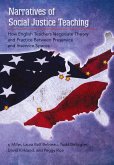This clear, readable introductory text for undergraduate and graduate Education Law courses or modules offers a practical guide to everyday problems such as student expression, discipline, religion, curriculum, social media, privacy, charter schools, discrimination, special education, and more. Features include distinctions among school, district, state, and federal law; the Facts and Find research method; the Cascade approach to the American legal system; lobbying advice; and the new federal Every Student Succeeds Act (ESSA), the replacement to No Child Left Behind. Written by the ex-Counsel to the New York City Board of Education and a graduate of Columbia University Law School, American Public Education Law Primer is more than an academic text, presenting the real world of Education Law to benefit professionals, parents, and the general public.
«David C. Bloomfield has written a user-friendly guide to education law that will prove extremely helpful to parents, teachers, and all others concerned about public education.» (Diane Ravitch, Research Professor, Steinhardt School of Culture, Education, and Human Development, New York University)








